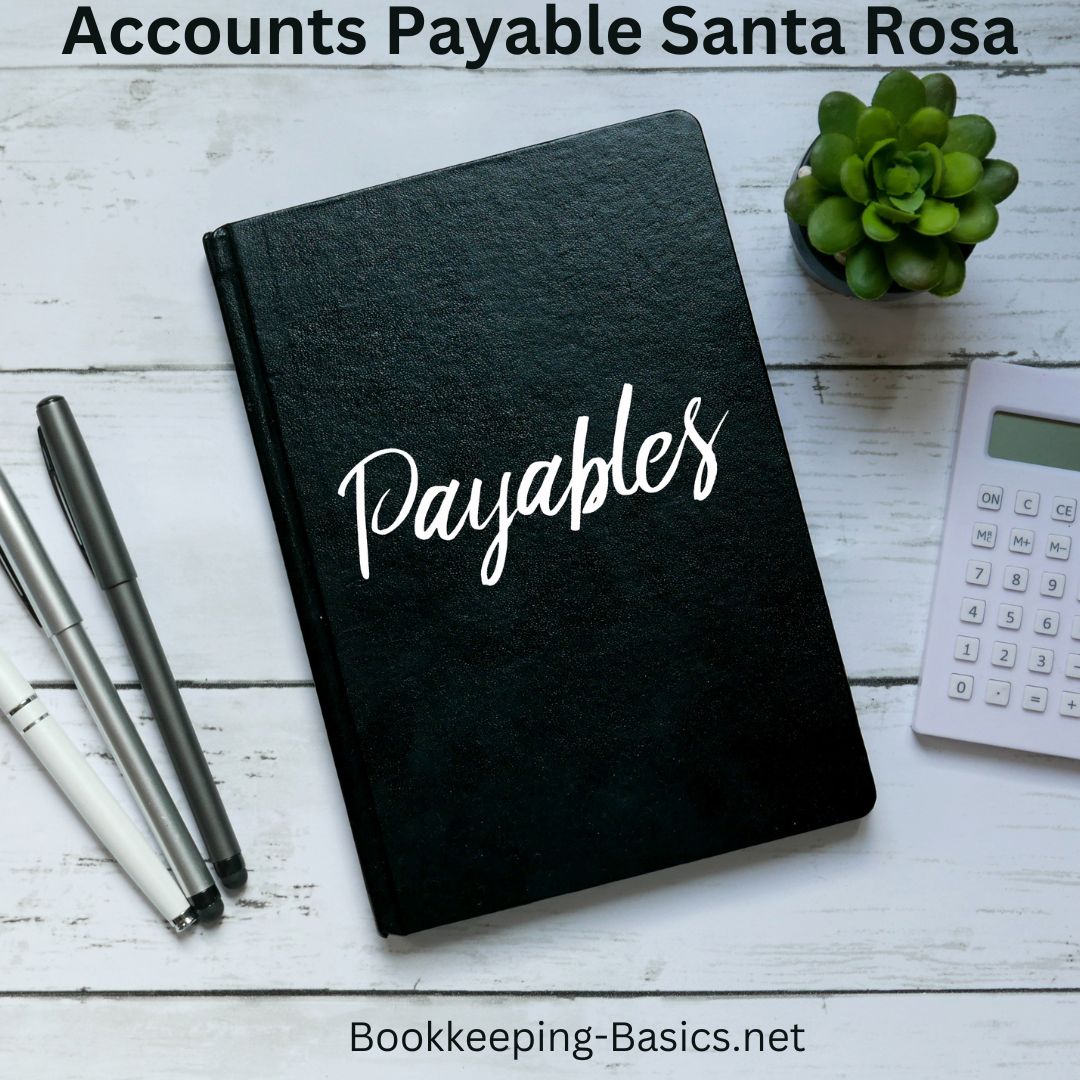- Home
- Accounts Payable
- Examples of an Accounts Payable Journal Entry
Examples of an Accounts Payable Journal Entry
Are you looking for examples of an Accounts Payable journal entry, or trying to understand how making an A/P journal entry applies to your business? Here are some examples of an accounts payable journal entry to help you understand the system.
Accounting is a very practical and important discipline, but it is also confusing for many people. Many business owners have difficulty tracking their expenditures and payments. The best way to learn to make an accounts payable transaction is to see it in practice. The following real-world transactions and examples of an accounts payable journal entry will clarify the process.
Examples of an Accounts Payable Journal Entry
There are a number of different types of scenarios that you may encounter while recording accounts payable. You may either purchase goods entirely on credit or make an initial down payment. Some suppliers also offer discounts, which can make bookkeeping slightly more complicated. Here are some examples of an Accounts Payable journal entry of each of these situations.
Purchasing Office Supplies Entirely on Credit
Richard is the owner of the law firm R. J. Nelson and Co. He is purchasing $300 worth of stationary for his office. The purchase is made entirely on credit, so Richard will need to make the following debit and credit entries to adjust for accounts payable:
Account Debit Credit
Supplies 300
Accounts Payable 300
According to the Fundamental Rule of Accounting, debit entries must be made whenever the value of assets is increased, while credit entries are made for increases in liabilities. The process needs to be reversed when those values are decreased. Therefore, Richard will need to complete the following transactions after paying off his accounts payable:
Account Debit Credit
Accounts Payable 300
Cash 300
The process was very straightforward, because Richard made the entire purchase on credit and paid it off all at once. However, the journal entries can be more complex in the other real world applications outlined below.
Hiring Contractor With 50% Upfront Payment
Dennis is a downtown grocer that needs to make some repairs to his store. He chooses to hire a local contractor that requires customers to make a 50% down payment on estimated cost. The contractor expects that the store repairs will cost $10,000, so Dennis will have to pay $5,000 upfront, while the remaining balance will be credited to accounts payable. The journal entries will be made as follows:
Account Debit Credit
Services Expense 10,000
Cash 5,000
Accounts Payable 5,000
Dennis will need to make the following entries after paying the remaining balance when the project is completed:
Account Debit Credit
Accounts Payable 5,000
Credit 5,000
The process is still relatively simple after seeing an example in practice. The biggest mistake many people make is failing to create a credit entry for cash for the initial down payment, which causes their cash balances to be improperly recorded.
Receiving Discount for Early Purchase
Richard has recently used the stationary that he purchased a couple of months earlier. While filling his new order, the supplier states that they have started providing a 3% discount for payments made 30 days early. How does this affect the journal entries? The initial transaction is the same:
Account Debit Credit
Supplies 300
Accounts Payable 300
However, Richard will need to make a separate credit entry to reflect the new discount:
Account Debit Credit
Accounts Payable 300
Cash 291
Purchase Discounts 9
In the above examples of an accounts payable journal entry, the $9 purchase discount (the 3% discount on the $300 purchase), is created as a separate credit entry.
A/P Journal Entry Example with Explanation
Here's an example of an accounts payable journal entry:
Date: July 1, 2023
Vendor: XYZ Office Supplies
Description: Purchased office supplies on credit
Accounts Payable (XYZ Office Supplies) $500 Credit Office Supplies $500 Debit
Explanation: In this example, a business purchased office supplies from XYZ Office Supplies on credit, meaning they did not make an immediate payment. The journal entry reflects this transaction.
The accounts payable account is credited with $500 to indicate an increase in the amount owed to XYZ Office Supplies. On the other side, the office supplies account is debited with the same amount, indicating an increase in the value of office supplies owned by the business.
This journal entry captures the financial impact of the transaction, increasing the liability (accounts payable) while simultaneously increasing the asset (office supplies) on the company's balance sheet.
It's important to note that the specific accounts and amounts used in journal entries may vary depending on the nature of the transaction and the company's chart of accounts.
Accounts Payable Entries Are Straightforward
Many business owners have difficulty understanding the bookkeeping process for recording accounts payable. Fortunately, it is much easier to understand how to make an accounts payable journal entry after seeing the process in action. These examples of an Accounts Payable journal entry should help you understand some of the steps that you will need to take in real world situations.
Should you want to discuss your accounts payable
journal entries or thinking of getting the help of a bookkeeping service, we
will be honored to talk to you.
Accounts Payable Articles
- Accounts Payable Recording Outstanding Bills
- Accounts Payable and the ACA in Santa Rosa
- Accounts Payable and the Self Employment Tax
- Accounts Payable Journal Entries
- Accounts Payable Journal Entries for IRS Audit
- Accounts Payable Petaluma
- Accounts Payable Santa Rosa
- Accounts Payable Affect Cash Flow
- Accounts Payable In Santa Rosa
- Accounts Payable JE's for Growing Businesses
- Accounts Payable Spreadsheet
- Auditing Accounts Payable
- Bookkeeping Services and Accounts Payable
- Calculating Accounts Payable
- Accounts Payable Journal Entry
- Ideal Accounts Payable Turnover
- Improve Accounts Payable Turnover
- Accounts Payable and Minimum Wage Increases
- Streamlining Accounts Payable
Please subscribe to my monthly newsletter, Bookkeeping Basics E-zine. It tells you every month about the new information that I have added, including some great tips and advice from myself and other Bookkeeping Basics readers.
Like Bookkeeping-Basics.net?
- Home
- Accounts Payable
- Examples of an Accounts Payable Journal Entry


















New! Comments
Have your say about what you just read! Leave me a comment in the box below.